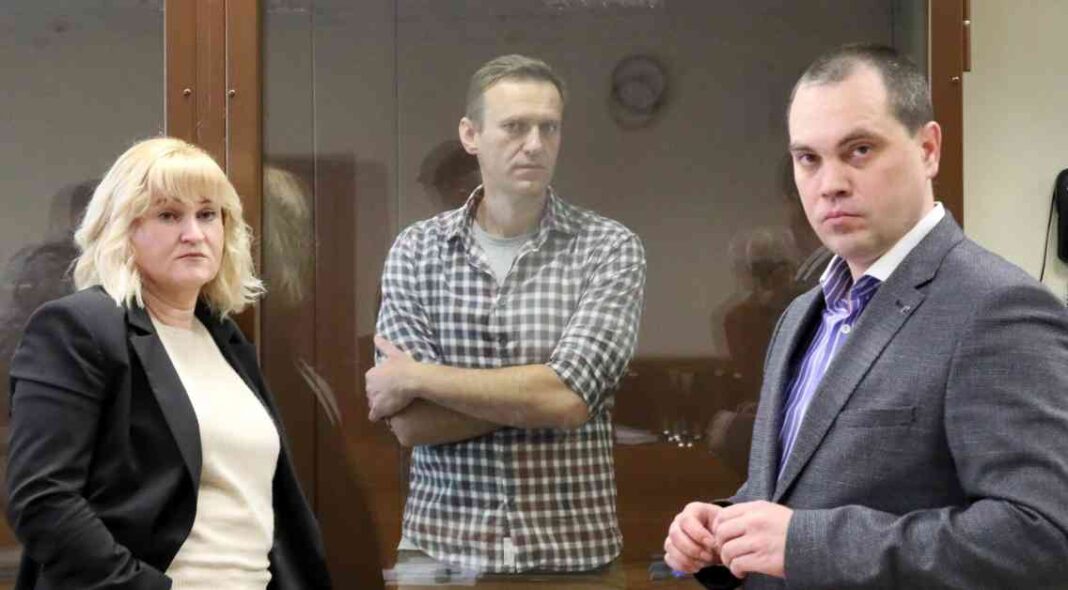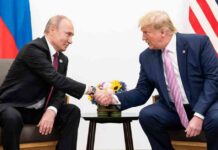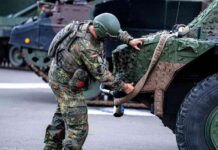Defending Nawalny’s Lawyers on Trial in Russia: Understanding the Case
In Russia, defending government critics can come with severe consequences, as demonstrated by the ongoing trial of three lawyers who represented the late Kremlin critic Alexei Navalny. The Russian justice system has initiated a criminal proceeding against Vadim Kobsev, Alexei Lipzer, and Igor Sergunin, accusing them of belonging to an extremist group linked to Navalny’s Anti-Corruption Foundation (FBK).
The trial, taking place in the town of Petushki, about 120 kilometers east of Moscow, has raised concerns about the transparency of the legal proceedings. The presiding judge quickly barred the public from attending the trial, citing police warnings of potential provocations by Navalny supporters.
If convicted under Russian law, the three lawyers could face imprisonment ranging from two to six years and potential bans from practicing law for several years. Their arrests in October 2023 coincided with legal proceedings against Navalny, indicating a systematic effort to isolate the Kremlin critic. Navalny, who continued to communicate with the public from prison, passed away in February 2024 under mysterious circumstances in a Russian penal colony near the Arctic Circle.
Human rights activists have condemned the persecution of lawyers representing opposition figures and dissenting voices, warning that such actions further erode the rule of law in Russia.
The Systematic Targeting of Legal Defenders
The trial of Navalny’s lawyers is not an isolated incident but part of a broader pattern of targeting legal defenders in Russia. The government’s crackdown on independent lawyers, particularly those representing political dissidents, poses a significant threat to the legal profession’s independence and the protection of human rights in the country.
By prosecuting lawyers who take on politically sensitive cases, the Russian authorities send a chilling message to the legal community, discouraging them from providing legal assistance to individuals challenging the status quo. This tactic undermines the fundamental principles of justice and the rule of law, turning the legal system into a tool of repression rather than a safeguard of citizens‘ rights.
The international community has raised concerns about the deteriorating state of legal defense in Russia, where lawyers face intimidation, harassment, and arbitrary arrests for fulfilling their professional duties. The targeting of Navalny’s legal team exemplifies the risks associated with defending human rights and political freedoms in an increasingly authoritarian regime.
The Impact on the Rule of Law in Russia
The trial of Navalny’s lawyers not only jeopardizes their personal freedom and professional standing but also undermines the rule of law in Russia. The systematic persecution of legal defenders erodes public trust in the justice system and reinforces the perception of legal institutions as instruments of repression rather than impartial arbiters of justice.
By targeting lawyers who represent government critics and opposition figures, the Russian authorities seek to silence dissent and stifle political activism. This strategy of legal harassment and intimidation aims to create a climate of fear and deter individuals from engaging in activities deemed threatening to the regime.
The crackdown on legal defenders reflects a broader trend of shrinking civil liberties and increasing authoritarianism in Russia, where the government uses legal mechanisms to suppress dissent and consolidate power. The erosion of the rule of law not only threatens individual freedoms but also undermines the foundation of a democratic society based on the principles of justice, equality, and respect for human rights.
In conclusion, the trial of Navalny’s lawyers underscores the challenges faced by legal defenders in Russia and the urgent need to safeguard the independence of the legal profession. Upholding the rule of law and protecting the rights of legal defenders are essential for promoting democracy, accountability, and the protection of human rights in Russia and beyond.















